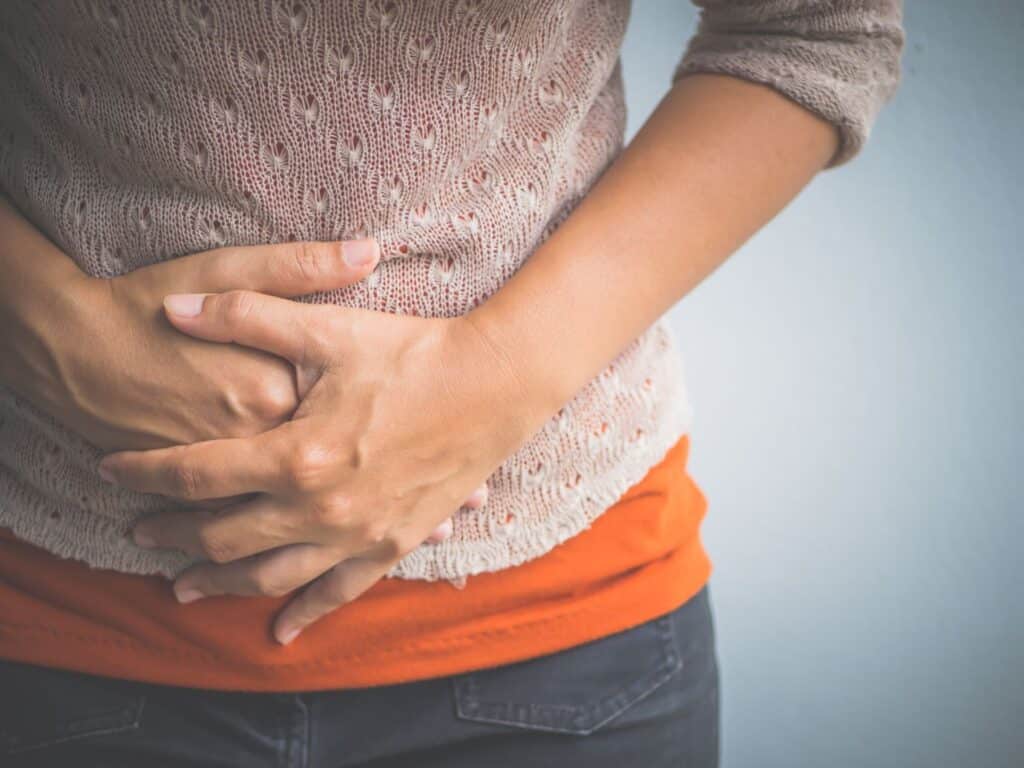Public sector workers in Victoria will soon get access to 5 days of reproductive leave, designed for women dealing with period pain, menopause, perimenopause and IVF treatment.
The entitlement comes as part of a new, four-year pay deal for public servants which includes an annual pay rise of 3 per cent and a one-off $5600 cost of living payment for full-time workers.
The deal also ensures superannuation payments will be made on primary caregiver parental leave up to 104 weeks, up from 52 weeks. Meanwhile, shift workers on parental leave will receive shift penalties they would have received had they not been on leave.
Shift workers will also be awarded a one-off $1000 payment.
The Community and Public Sector Union has settled ongoing negotiations with the Victorian government and on Tuesday signed a heads of agreement recommending the deal be approved. It still needs to go to a ballot of approval of employees.
“All the agency-specific appendix negotiations will have to be concluded now within four weeks to finalise agreement drafting and receive final approval prior to a ballot of all VPS employees,” said Karen Batt, Community and Public Sector Union Victorian branch secretary.
The union also got agreement for a feasibility study and working group to “explore how alternative ways of work can be implemented” in the public service.
Speaking on Tuesday about the deal, Premier Jacinta Allan said she supported the extra reproductive leave for women.
“It’s a recognition that, at particular points in women’s lives, they need support to be able to fully participate in the workforce,” Allan said.
Women’s pain
Earlier this year, the Victorian government launched an inquiry into women’s pain following a survey that showed close to half of women in the state are affected by issues relating to their periods, pregnancy, birth and postnatal care, as well as conditions like endometriosis.
One in three women said their health conditions affect their ability to work and keep a job.
At the time, Allan said it was time we stopped treating women’s health like some kind of “niche issue”.
“We deserve to have our pain believed and relieved,” she said.


